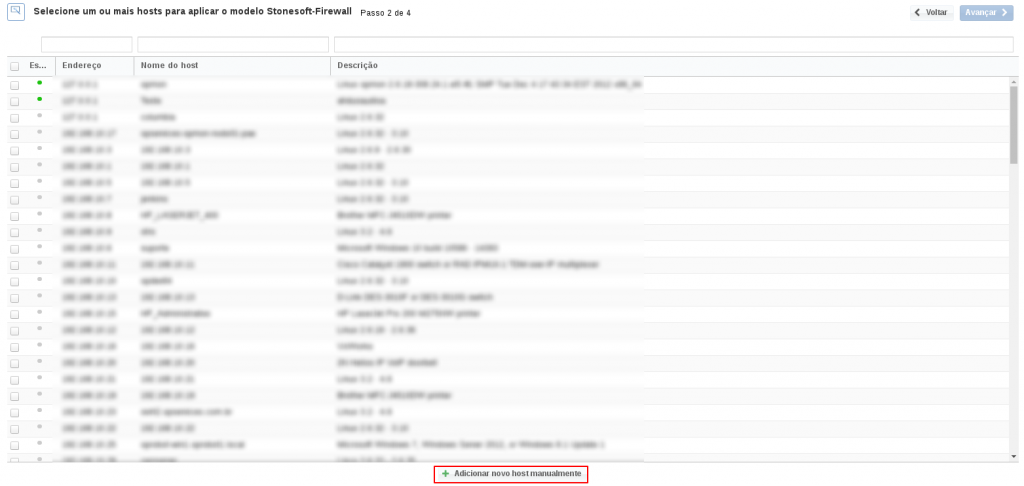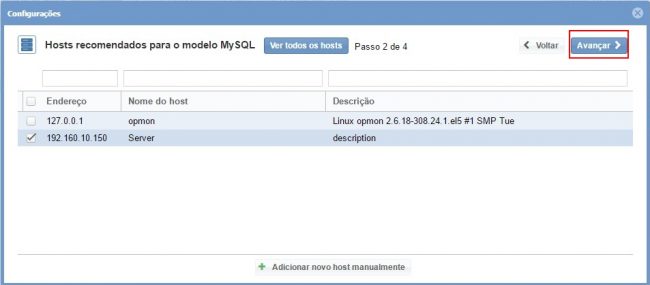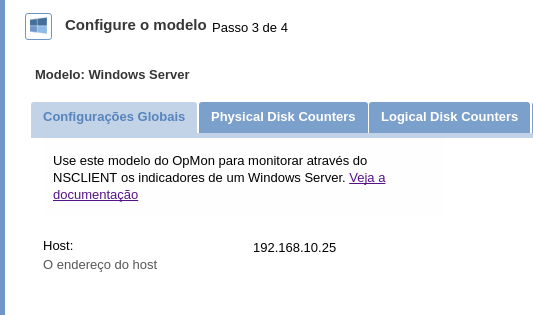Objective
Use this OpMon Model to monitor Microsoft Web Service Cache, through NSClient++.
Target Audience
OpMon admins who wishes to monitor Microsoft Web Service.
Prerequisites
- OpMon 7.0 or higher.
- Have the OpMon installed.
- Have the NSClient++ installed, how to make the installation follow this documentation.
Available Services
- Counters:
- Web Service CacheActive Flushed Entries
- Web Service CacheCurrent File Cache Memory Usage
- Web Service CacheCurrent Files Cached
- Web Service CacheCurrent Metadata Cached
- Web Service CacheCurrent URIs Cached
- Web Service CacheFile Cache Flushes
- Web Service CacheFile Cache Hits
- Web Service CacheFile Cache Hits %
- Web Service CacheFile Cache Misses
- Web Service CacheKernel: Current URIs Cached
- Web Service CacheKernel: Total Flushed URIs
- Web Service CacheKernel: Total URIs Cached
- Web Service CacheKernel: URI Cache Flushes
- Web Service CacheKernel: URI Cache Hits
- Web Service CacheKernel: URI Cache Hits %
- Web Service CacheKernel: Uri Cache Hits/sec
- Web Service CacheKernel: URI Cache Misses
- Web Service CacheMaximum File Cache Memory Usage
- Web Service CacheMetadata Cache Flushes
- Web Service CacheMetadata Cache Hits
- Web Service CacheMetadata Cache Hits %
- Web Service CacheMetadata Cache Misses
- Web Service CacheTotal Files Cached
- Web Service CacheTotal Flushed Files
- Web Service CacheTotal Flushed Metadata
- Web Service CacheTotal Flushed URIs
- Web Service CacheTotal Metadata Cached
- Web Service CacheTotal URIs Cached
- Web Service CacheURI Cache Flushes
- Web Service CacheURI Cache Hits
- Web Service CacheURI Cache Hits %
- Web Service CacheURI Cache Misses
Applying the Monitoring Model
On the hosts or services management area, click on “+” icon to add a new Host, like the image below:

In this area, select the Windows Model Category:

Then click on “Use This Model” on Microsoft Web Service Cache:

This model could be applied on Windows host, or if you wish, you can add a new host just for this monitor. If you wish add a new host, click on: “Add a new host manually”:

In this area insert the relative information about the Host, in this case the Windows host in question and click in “Create a new host”:

In this area, with the host selected click in “Next”:

Then you will see an screen like below, where are informed the Windows information like IP.

To make the service definitions, just navigate through the services using the buttons “Next” and “Back”:

After concludes the definition of services, advance to the revision area of included services. Enjoy to observes which be possible expand the revision area of hosts and services, just click on “+” icon, like below:

As you can see, in this area it is possible to make changes if necessary. When the definitions are make, just click in “Finalize” to conclude the model application process.
Done! The elements are included with success.
